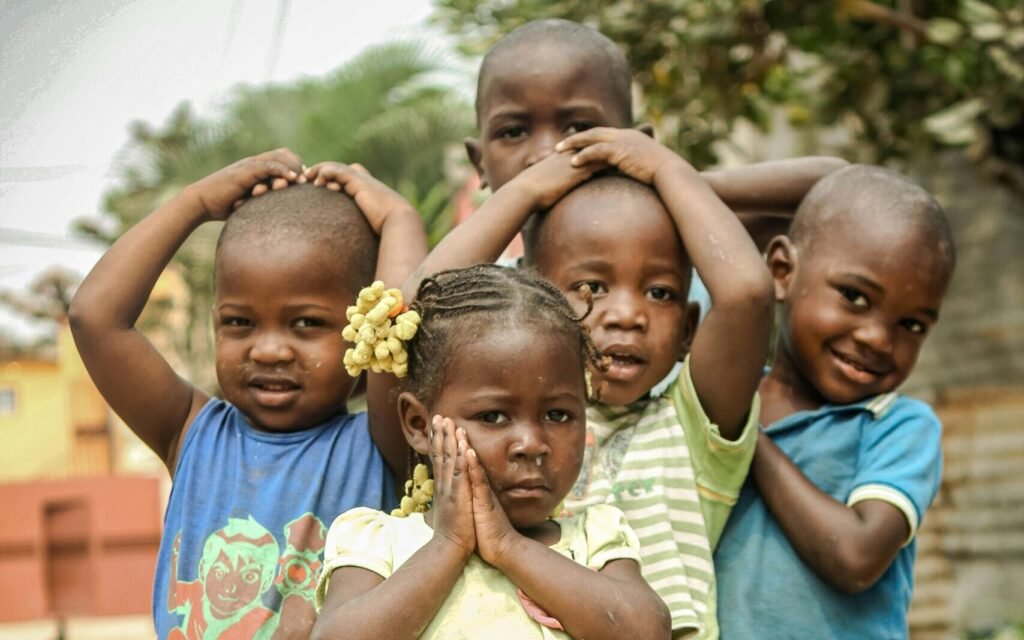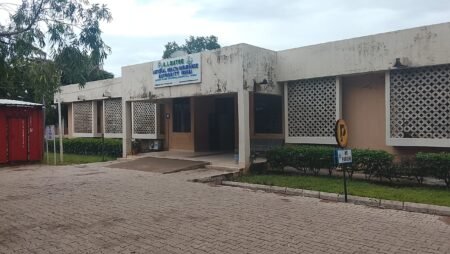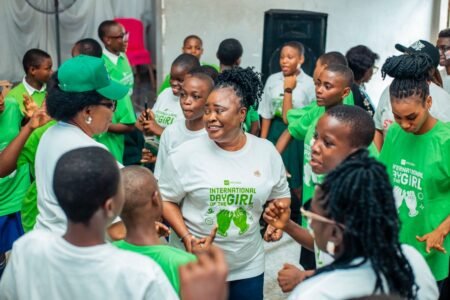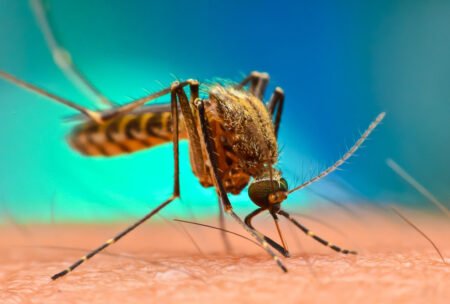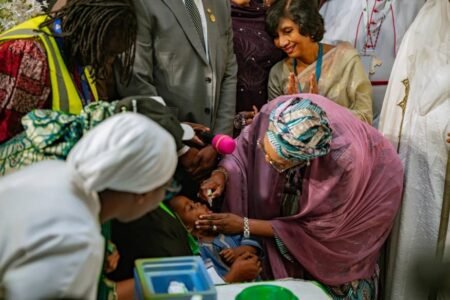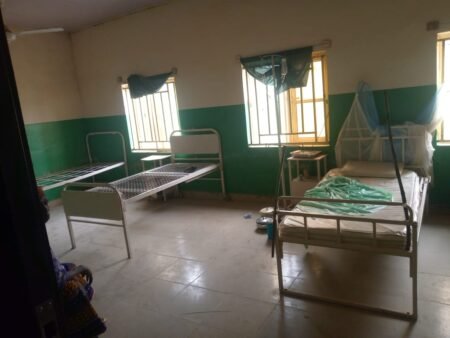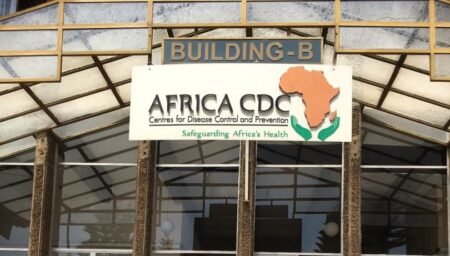The Yobe State Government on Tuesday said it is committed to achieving 80 per cent vaccination coverage by 2026, as part of ongoing efforts to close immunisation gaps and protect children from vaccine-preventable diseases.
Speaking at a one-day media dialogue commemorating the 2025 World Immunisation Day in Damaturu, the State Commissioner for Health, Muhammad Gana, said strategic actions are being implemented to reach underserved and vaccine-hesitant communities.
Mr Gana stressed that unvaccinated children pose a serious public health risk and contribute to repeated outbreaks of diseases such as diphtheria, cholera, cerebrospinal meningitis, and vaccine-derived polio.
“To achieve herd immunity and safeguard our communities, we must reach at least 80 per cent coverage by next year,” he said.
Vaccination exercise
Mr Gana urged health workers not to miss fixed immunisation sessions and to prioritise outreach to hard-to-reach and zero-dose communities, especially in areas with persistently low vaccine uptake.
He said Yobe State has recorded outbreaks of diphtheria, cerebrospinal meningitis—especially Type C—and sometimes cholera.
Despite these challenges, the State made modest progress compared to the 2018 and 2023 National Demographic and Health Surveys.
“Despite all these, we have recorded a lot of success, in the sense that when you compare the 2023 and the 2018 National Demographic Health Surveys, you can see that we have made moderate or modest progress in that regard,” he said.
He added that the recent detection of type 2 and type 3 circulating vaccine-derived polioviruses in some LGAs was a wake-up call for the state and the national immunisation effort.
Also speaking, the Director of Disease Control and Immunisation at the Yobe State Primary Health Care Management Board, Umar Chiroma, revealed that as of 2024, 17.5 per cent of children in the state were classified as zero-dose—meaning they had not received any routine vaccinations.
Mr Chiroma said two LGAs—Gulani and Geidam—have been categorised as zero-dose LGAs at the national level due to the high burden of unvaccinated children.
He noted that the state is working to integrate health services better to serve vulnerable communities.
Borno State
In neighbouring Borno State, the Immunisation Officer at the State Primary Health Care Agency, Maina Modu, said additional outreach activities are being conducted in hard-to-reach settlements to reduce the number of zero-dose children.

Mr Modu explained that eligible children are also being vaccinated at transit points to capture those who missed or are overdue for vaccines, as part of the broader Big Catch-Up strategy that tailors responses to community-specific needs.
Meanwhile, UNICEF Health Officer Bashir Elegbede emphasised the urgency of reducing the number of zero-dose children by 25 per cent by 2025 and 50 per cent by 2030 to meet global targets.
According to Mr Elegbede, about 2.1 million Nigerian children—representing 24 per cent of the estimated 8.7 million under-one population—have not received a single routine vaccine dose.
READ ALSO: Immunisation Week: Vaccines sustainable, save six lives per minute – UNICEF
Mr Elegbede called for stronger collaboration among government agencies, traditional leaders, healthcare workers, and development partners to strengthen vaccination platforms and ensure equitable access to routine immunisation.
World Immunisation Week is commemorated annually from 24-30 April to raise awareness about the importance of vaccines and to increase access to immunisation services worldwide.
The theme for the 2025 Immunisation Week is “Immunisation for all is humanly possible”.
Read the full article here






